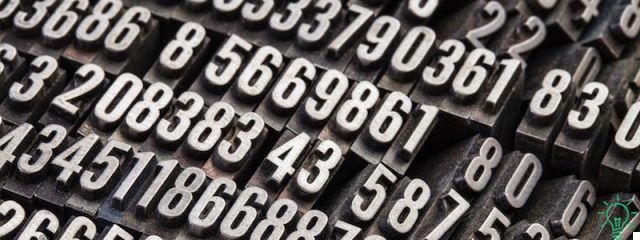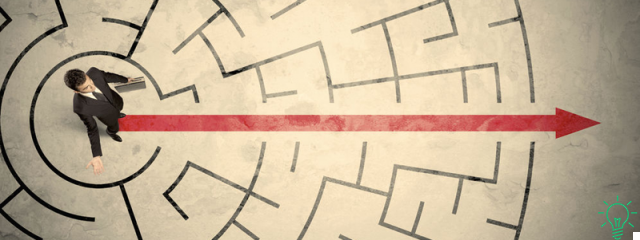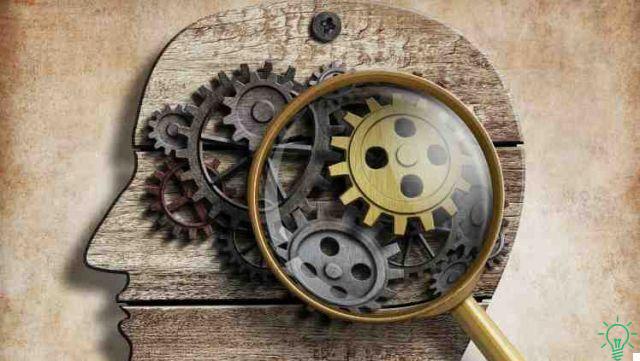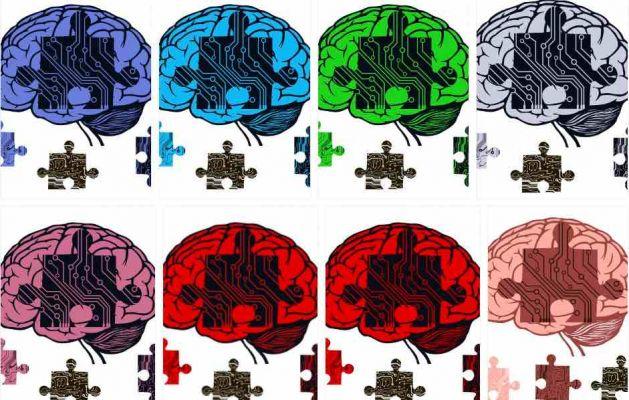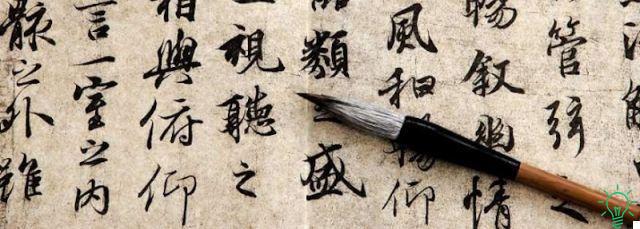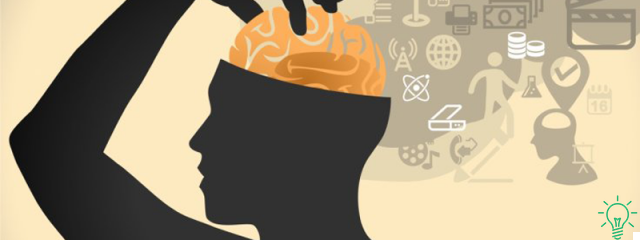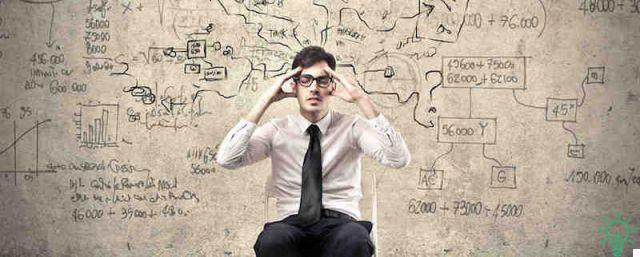
There is an old African proverb that goes:
“How do you eat an elephant? One bite at a time "
and in fact the quick mental calculation is based precisely on this simple, natural and perfectly logical process: breaking down large and complex calculations into the sum of smaller and simpler calculations. I have always considered it very similar to memory techniques for two reasons:
- They both work on the agility of our brains
- Both presuppose unconventional mental action strategies, i.e. very different from those we are used to and which we were taught at school.
While memory techniques also have one enormous practical utility, especially in the study, the quick mental calculation from some points of view is almost useless, since calculators and excell sheets have exceptional efficiency. But it has always intrigued me, partly because its application is truly spectacular (try to multiply two three-digit numbers among them, in about ten seconds, and see what people do!), A little 'because it is an excellent thought-pad exercise, partly because it is an intelligent way of "making our neurons sweat" by exercising brain agility, reflexes, lateral thinking.
Quick mental calculus in action
Here is the introduction to a small manual of mine:
“Calculate the square of 65 in mind. It's hard right?
To make it easier, try this: Multiply the tens digit by itself plus 1. At the result, queue the number 25.
Primo step: 6 x (6+1) = 6 x 7 = 42
Second step: Queue 25
Result: 4225. Four thousand two hundred twenty five.
As you can see, to quickly solve a complicated calculation like the square of 65 mentally, the only operation you had to do was multiply 6 x 7, the result of which you probably know from the first grade "
Strong right? And it is only one of the many different strategies that can be applied in making multiplications, subtractions, divisions, roots, squares…. strategies that then, recombined with each other, they also allow to face apparently impossible operations in mind.
Quick mental calculation and memory techniques
And it is precisely when you recombine the strategies together that the memory techniques intervene and become functional to the rapid mental calculation: in fact one of the major problems that those who calculate mentally encounter is remembering the various blocks of intermediate numbers of an operation while continuing with the calculation of the subsequent.
For example, imagine doing a multiplication of 5 digits by 4 digits: at some point you will find your memory busy remembering the initial digits of the calculation and two or three intermediate results of 3-4 numbers, and this while calculating the last part of the operation!
Memory techniques help you with a very effective tool, the phonetic conversion of numbers into words, an ancient method that was rediscovered and popularized by the philosopher Leibniz in the 17th century. Each of the numbers from 0 to 9 is matched with a consonant sound:
At this point, to remember a number like for example 4296 I convert it to the corresponding consonant sounds R N B C, I form two meaningful words by adding the vowels, example RaNae BaCior. While doing a quick mental calculation at high speed, and with dozens of numbers in your head, remembering Frog and Kiss and then converting them back to the corresponding number is much easier than remembering the number itself. For this to work you have to follow only two rules, but you have to do it strictly:
- The speed of conversion between digits and consonants must be instantaneous and precise.
- The resulting words (in the example above, RaNae BaCio) they must be remembered not as words, but as images.
There is little to say about the first rule: you have to do a lot of exercise, converting numbers into words and words into numbers. I keep practicing with the license plates of the cars in front of me at the traffic lights. On the second rule, however, the question is more complex: first of all, in fact, you have to convince yourself to remember through pictures. That is, you must recover the enormous and innate ability of the human being to remember what he sees better than what he hears or reads.
If you are interested in learning more about it, read the article "Remembering Through Images".





